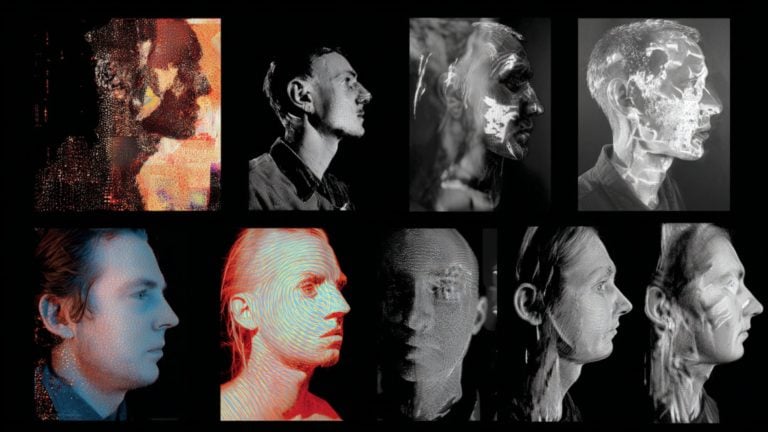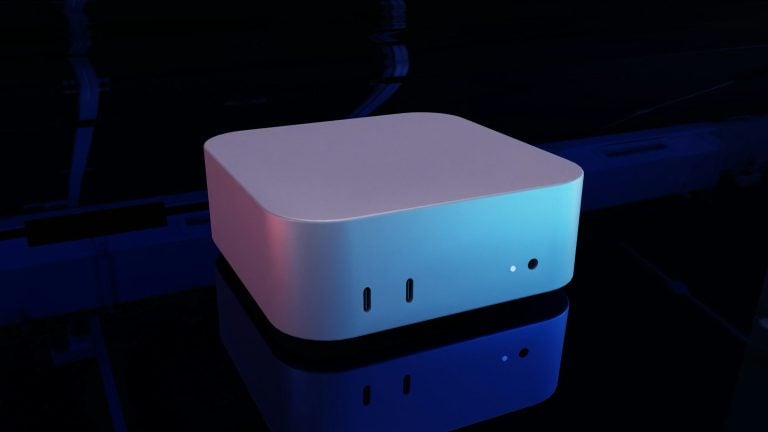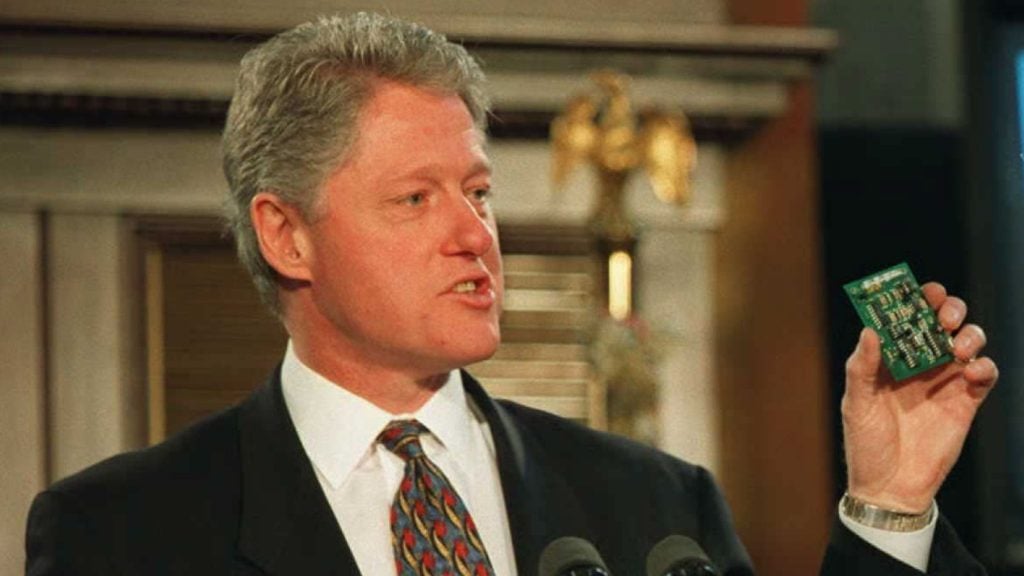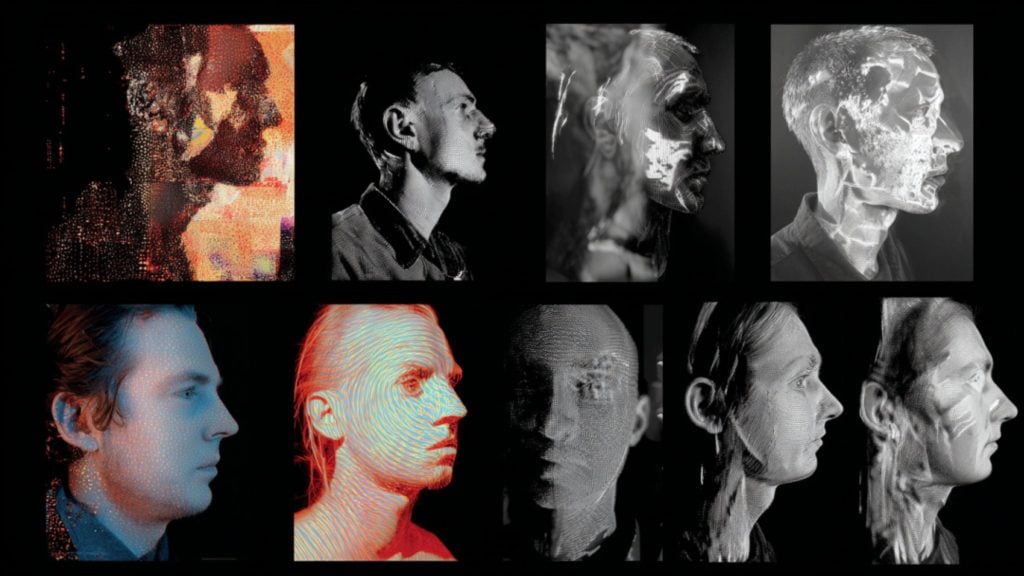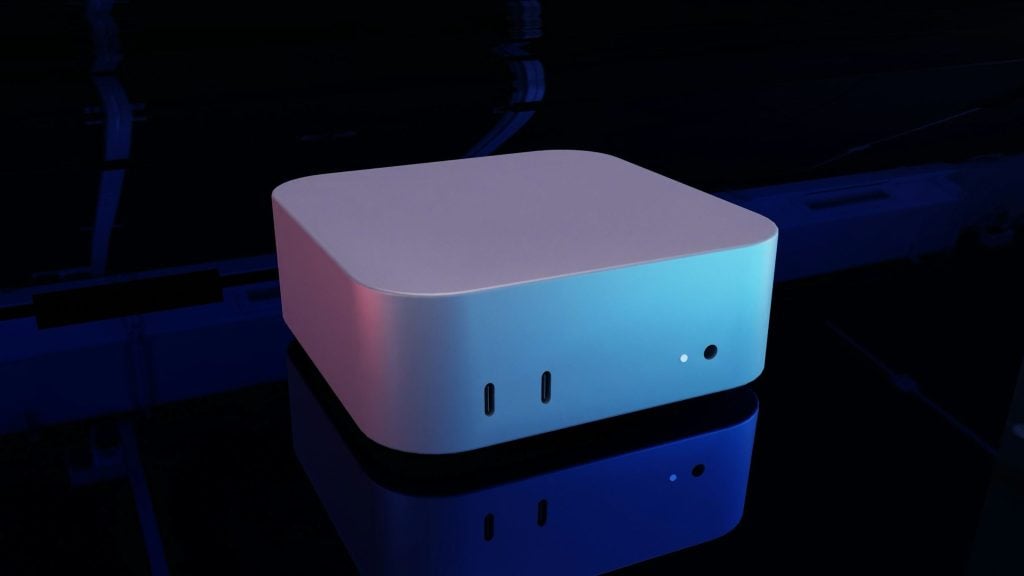Leading social media networks have been struggling for several years now under pressure to control content and users on their platforms ever more tightly, nearly always for the declared purpose of eliminating abuse and misinformation.
In a series of posts Twitter CEO Jack Dorsey has revealed that he doesn’t think the existing, centralized and often proprietary social media model will manage to deal with these issues going forward – and now he is looking for ways to address them in a new way.
Click here to display content from X.
Learn more in X’s privacy policy.
“Centralized enforcement of global policy to address abuse and misleading information is unlikely to scale over the long-term without placing far too much burden on people,” he writes.
The Twitter co-founder might seem like an unlikely champion of the decentralized networking model, working in the open and building communities instead of giving corporations all the power – but he reveals that his company apparently came close to developing along that route in its early days to then, clearly, go the other way.
What Dorsey is now proposing is shifting to a decentralized standard, announcing that a team of five people – architects, engineers, and designers – has been set up to explore all possibilities. Once applied, the new standard would, in the end, make Twitter its client, he said.
The decentralized model allows users to host and join different nodes on a network that uses the same protocol, and communicate with other nodes. According to Dorsey, a decentralized standard is now more likely to succeed than ever, thanks to blockchain that provides opportunities for “open and durable hosting, governance, and even monetization.”
A number of decentralized and free and open-source standards already exist, such as Mastodon and Gab, that enables networks often billed as Twitter alternatives. Before he was accused of attempting to reinvent the wheel with his 5-person team dubbed “Bluesky,” Dorsey tweeted:
“For social media, we’d like this team to either find an existing decentralized standard they can help move forward, or failing that, create one from scratch.”
According to him, Twitter would become more innovative and benefit by building better algorithms that promote better conversation – given that “the value of social media is shifting away from content hosting and removal, and towards recommendation algorithms directing one’s attention.”
Given how small the team is and with no deadlines, other than that the project will surely take “many years” – it’s hard to tell if this is a serious strategy, or Dorsey’s attempt to warn his many critics where the influential platform, that is very useful to them such as it is, maybe heading if pressure to censor and control keeps building up.



